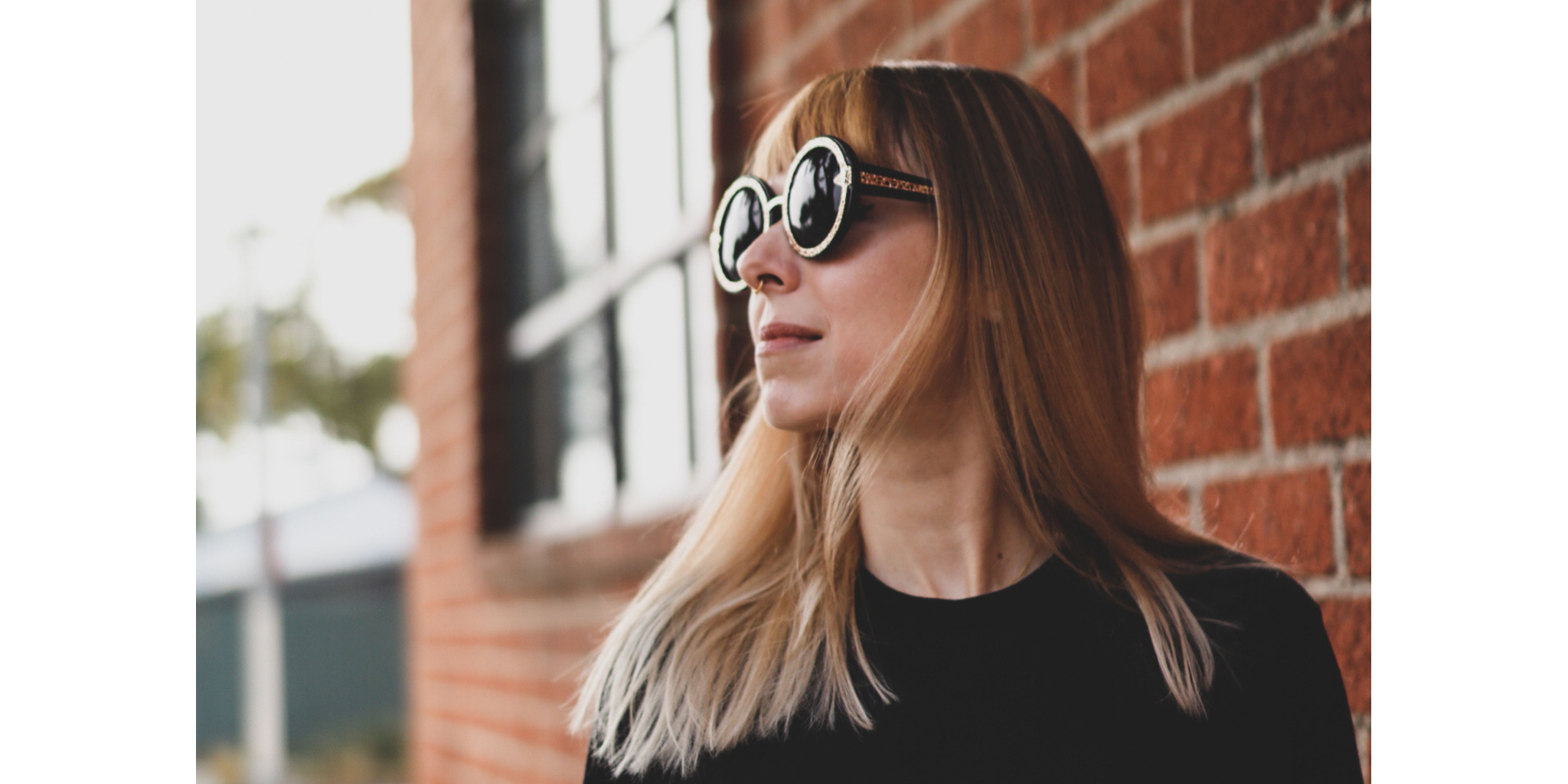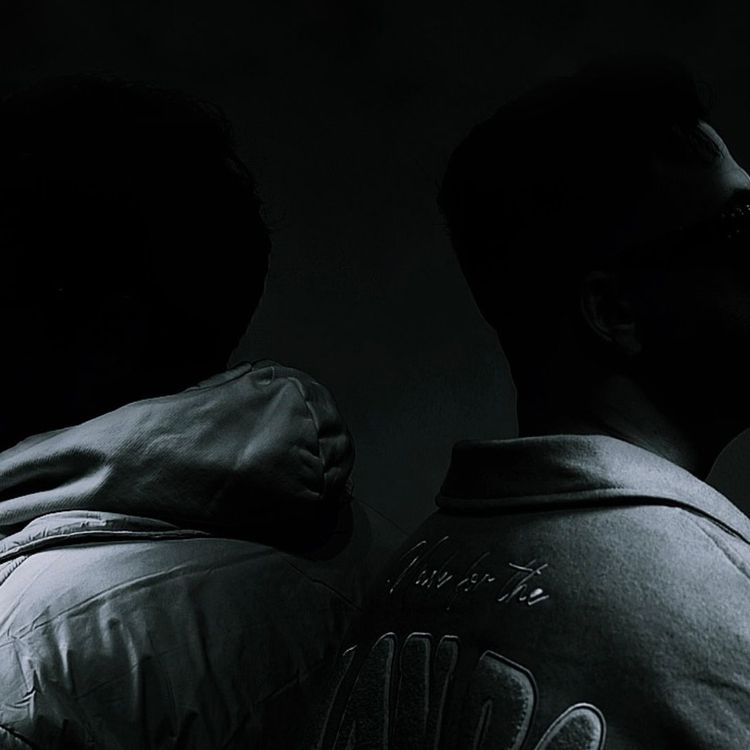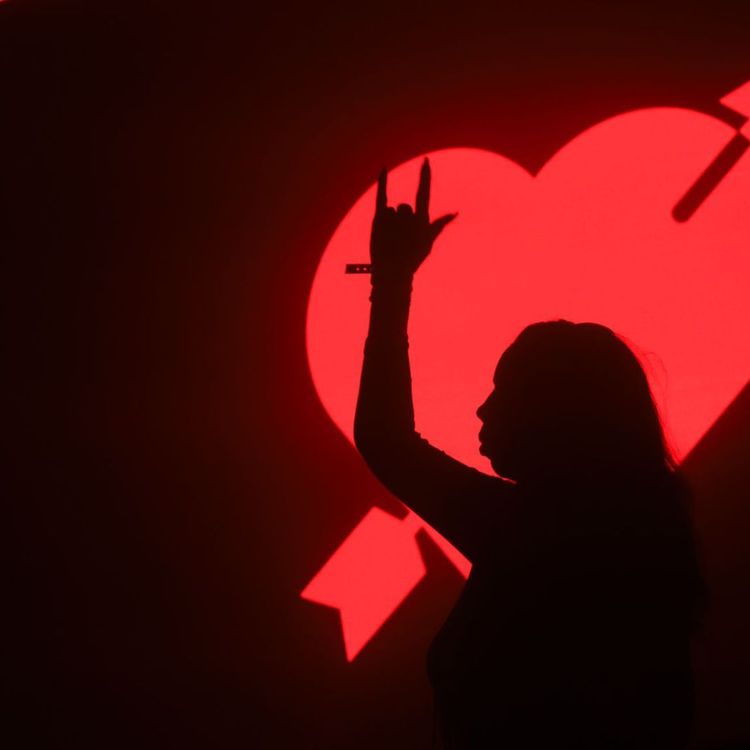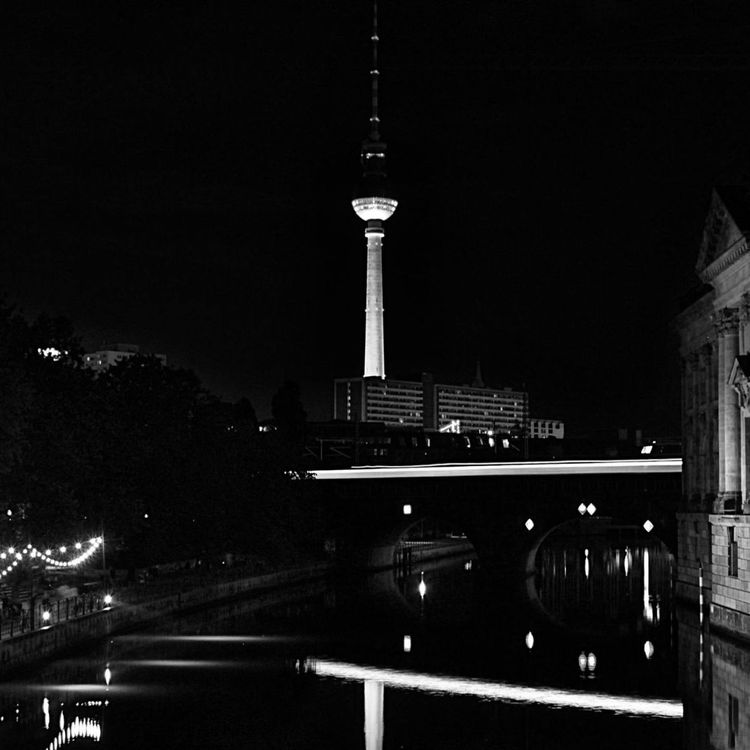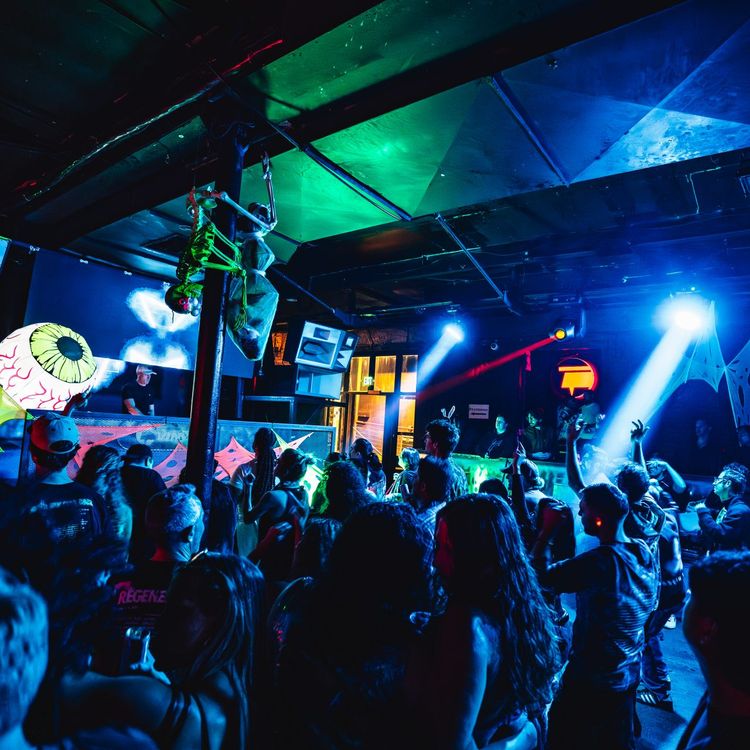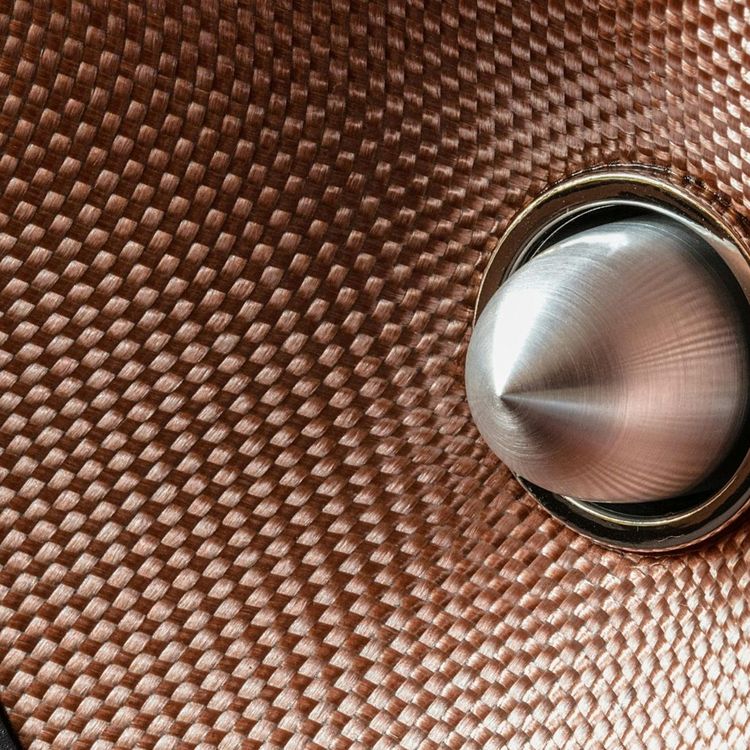Drum & Bass in Focus: Reid Speed
Although the UK usually gets the credit, ever since the inception of D&B there’s been a flourishing scene stateside, too. DJ, producer and label head Reid Speed has been there since day one. She witnessed its emergence in the side rooms of New York’s nightclubs and saw it grow into a sound that dominates festivals all over the world. Today, Reid shares her journey into D&B, how the scene has developed since the early days, and how the latest surge of D&B has brought diversity, inclusivity and endless opportunities.

D&B in NYC
Born and raised in Long Island, New York, Reid started making mixtapes for her friends at a very young age, because she found it the most effective way to express herself. Her first introduction to the rave environment came when she was about 15 years old and living in Boulder, Colorado. “It felt like the DJ was making a mixtape live,” Reid says. "And something connected in me and I understood this is what I need to be doing. I need to find a way to make this my life.”
Reid first came across Jungle in high school in 1994, and from there segued into New York’s vibrant underground. Clubs like Limelight, Tunnel, Konkrete Jungle, and Save the Robots dominated the scene, and they always had second rooms that played jungle. “I didn’t know the difference between genres then,” she says. “But I just found my way into the side room and gravitated towards the faster music.”
Back then the jungle scene was tiny and vibrant, with just a handful of DJs who mastered the craft of mixing and producing these high-octane BPMs. “There was a lot of local talent in New York,” Reid says. “There was DJ Odi, there was Dieselboy, there was DJ DB, Dara, this guy called Jeffee from Florida, and they were the big national DJs.”
Around the mid ‘90s, promoters started flying in the UK names, like DJ Storm, Goldie, DJ Hype, and Lemon D. “I think it was 1991 or 1992 that DB, the co-founder of Breakbeat Science, founded a club called NASA, which became the seminal breakbeat club of the United States. It was the first club, as far as I know, that exclusively catered to the sound."
Launching a DJ Career
Just as Reid promised herself in Colorado, she soon found herself behind the decks. From 1996 she worked at a record store called Breakbeat Science, where she got to know the local DJs, until she was offered a slot at Hot Fudge Sundays. “After that they offered me residency at their jungle party called Camouflage, and then within a couple of months I became a D&B resident at Stuck on Earth, which put me in front of thousands of people every week.”
After that Reid juggled three residencies, and brought overseas guests over all the time. “1997 to 2000 was like the golden era of D&B in New York,” Reid says. “It was seven nights a week, and the parties were packed.”
Producer and Label Head
It’s impossible to underestimate just how seminal Reid Speed has been to developing the D&B underground in the US. She founded her labels Play Me Records and Play Me Too in the late 2000s, and was instrumental in releasing some of bass music’s most loved names including Dr. Apollo, Sam Foxx and Selekta and first or early releases from bass music greats Dillon Francis, MUST DIE, and Eliminate."
She turned her hand to production in 1997, and released many tracks over the following decade, collaborating with some of the biggest names in the genre and living up to her name with breakneck BPMs. In that time she wrote a full album that was sadly never released.
As one of the few women on the scene since day one, Reid has made it her personal mission to make sure more women break through, and she welcomes the diversity and inclusivity of D&B’s third wave.

“D&B has become mainstream in festivals,” Reid says. “But we've never had the support of radio and corporate media.” In some ways, the scene has become fractured – big names are playing D&B at festivals, which is expanding people’s taste, however the underground remains a separate entity.
“The underground is in a really great place,” Reid says. “I love that a lot of DJs and artists who put in work for 20 plus years are now gaining enough popularity to be nationally touring, especially a lot of women who are finally breaking through.”
Having spent decades behind the decks, Reid is happy to give space to the new wave of emerging artists. “It's really nice to kind of take a step back and just be the cheerleader and give a platform to this new generation of talent who is blossoming and thriving,” Reid says. “I'm helping to build the next generation of the scene, and it brings me great joy to be able to facilitate that.”
